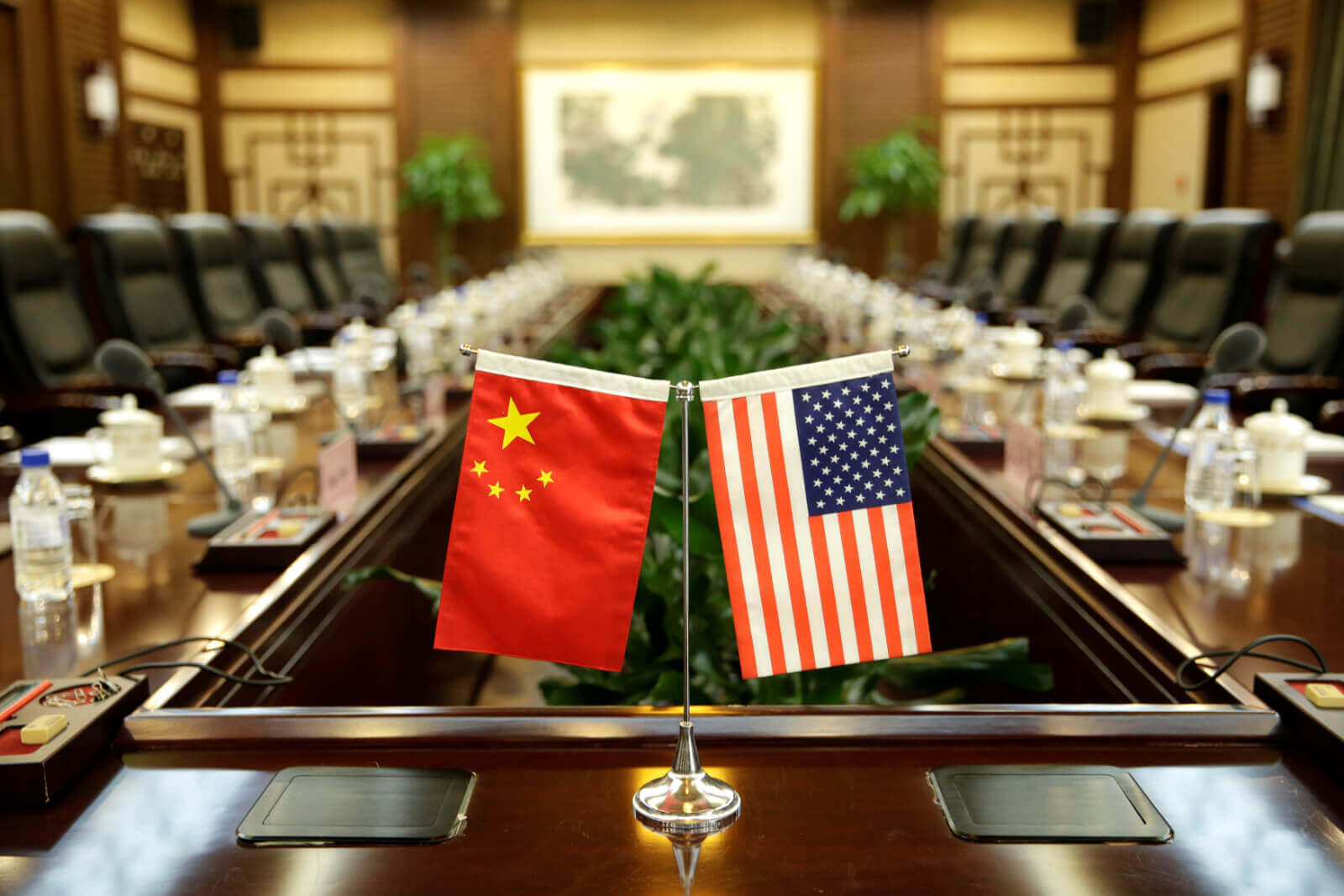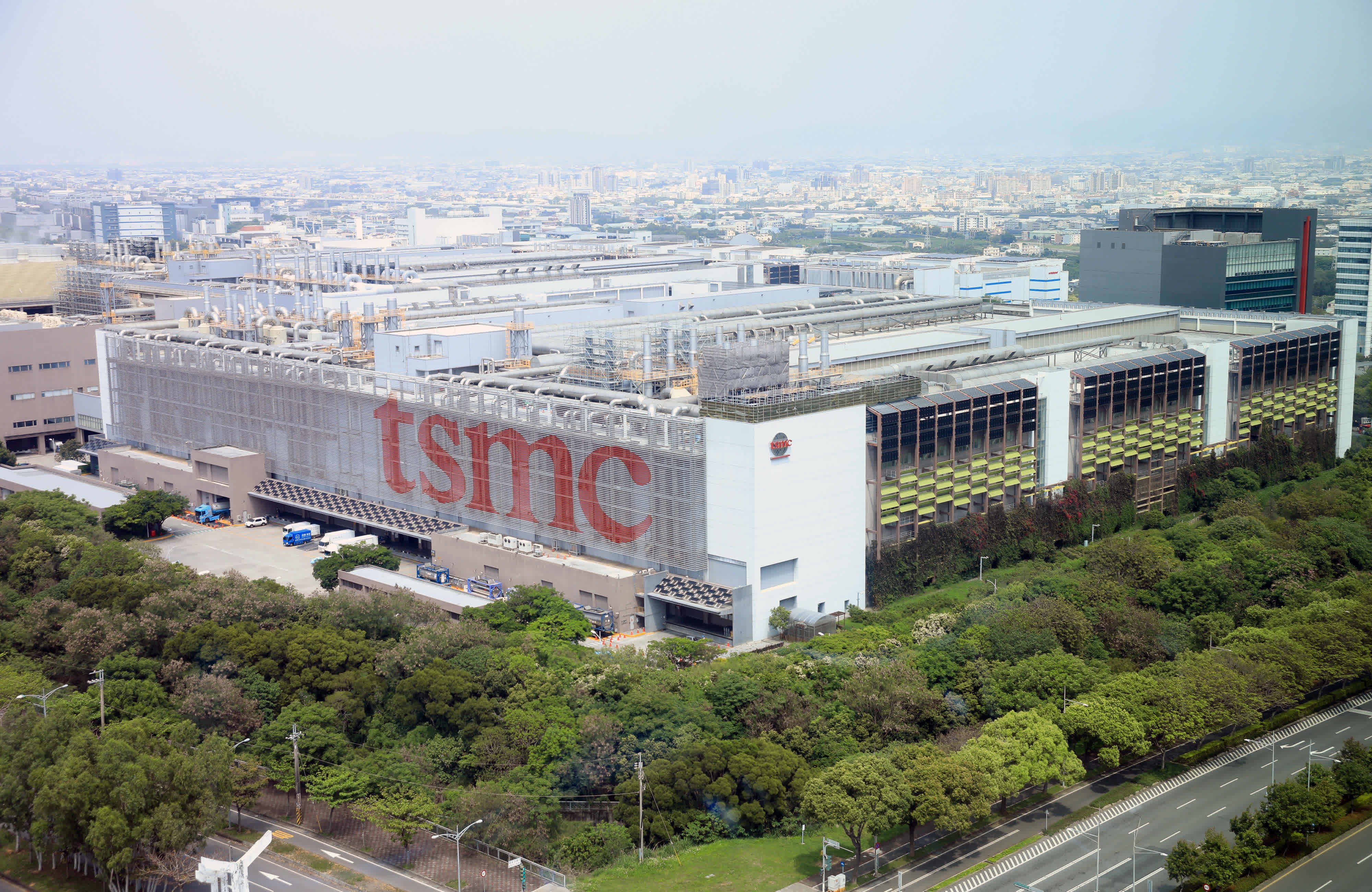A hot potato: The Taiwan Semiconductor Manufacturing Company, better known as TSMC, is investing billions in its US facilities. That's welcome news for the economy, but it's definitely not pleasing China. One of the Asian nation's newspapers has gone so far as to accuse the American government of tricking TSMC into building fabs in the US and claim that the country is stealing technology developed in "our Taiwan region."
The South China Morning Post reports that an editorial post in the Chinese nationalist tabloid Global Times slammed TSMC's investment in its Arizona plant as "a dark turn" in the global semiconductor industry.
TSMC's Arizona facilities will include an upgraded 4nm fab and a 3nm fab for producing the most advanced chips. The Global Times claims TSMC's decision to invest in this cutting-edge technology within the US shows that the nation's government tricked the company and that Washington was stealing the latest tech from "our Taiwan region," a reference to China's claim of sovereignty over the island.

The Global Times is affiliated with the People's Daily---the official newspaper of the Central Committee of the Chinese Communist Party---so Beijing will doubtlessly have approved the piece. China's government has not made official comments about TSMC's Arizona facilities, unlike the CHIPS Act, which it has repeatedly called discriminatory.
"We must ring the alarm bell louder [...] the US may pressure chip makers in other countries as it did to TSMC," the editorial reads. It compared the US to a bull in a China shop, smashing the semiconductor market to pieces. The paper also chided the US and Taiwan's ruling Democratic Progressive Party for "hollowing out" Taiwan.
China has been vocal in its objections to the Biden administration's restrictions on its chip industry, which have impacted Nvidia and AMD, cover the export of chipmaking tools, and have even resulted in Chinese Americans leaving the industry or being forced to give up their US citizenship if they want to remain.
TSMC recently confirmed it was more than trebling its investment in the Arizona fabs from $12 billion to $40 billion. The site will create tens of thousands of jobs and have a total manufacturing output of 600,000 wafers per year. Unlike the rest of the tech industry, the world's largest contract chipmaker isn't going through a tough time right now; it recorded a 50.2% year-on-year revenue rise in November as sales reached $7.27 billion.
